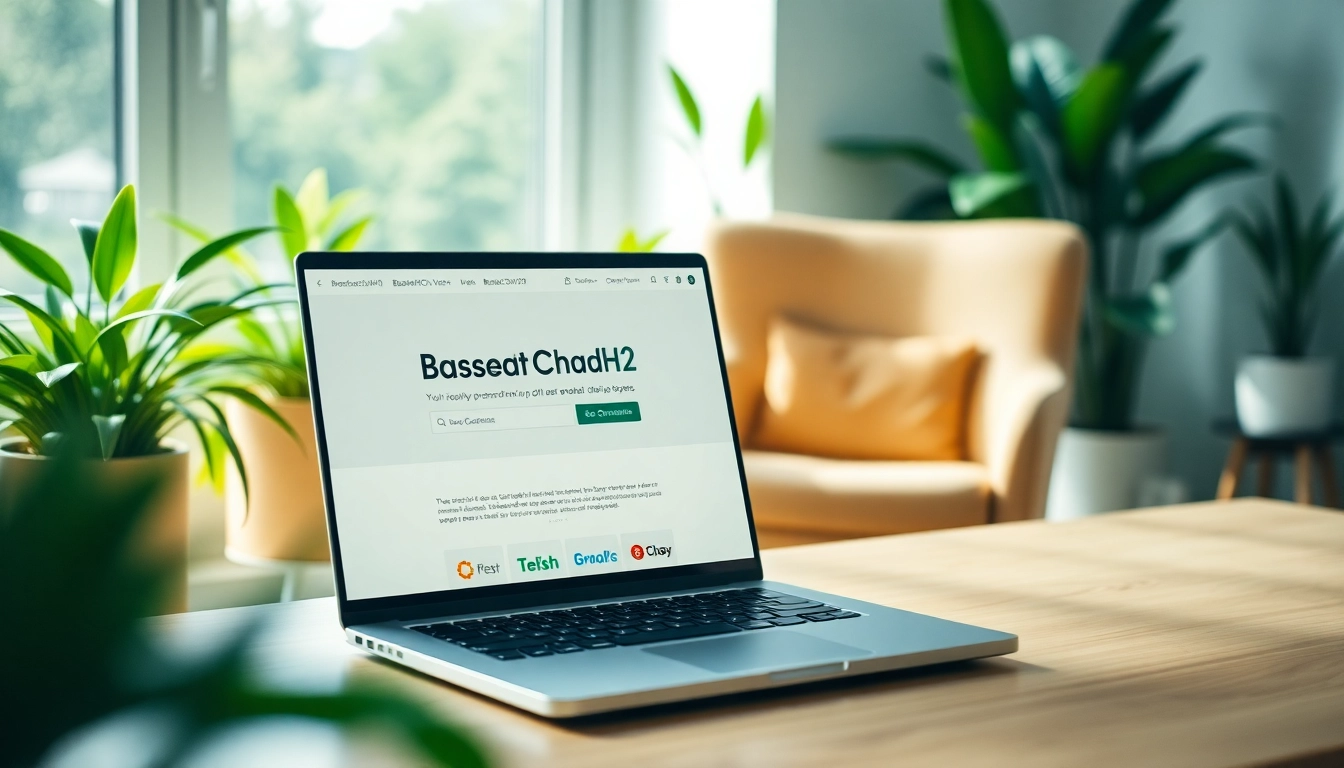Understanding Custom Workshops
Definition and Purpose of Custom Workshops
A custom workshop is a tailored learning experience designed to meet the specific needs and objectives of participants. Unlike traditional workshops that follow a standard curriculum, these workshops are uniquely crafted based on the audience’s interests, skills, or organizational goals. Whether for professional development, team building, or specialized training, custom workshops offer a versatile platform for learning, engagement, and growth.
The purpose of a custom workshop is multifaceted. Primarily, it aims to address specific gaps in knowledge or skills within a group, facilitating a learning environment that allows for hands-on practice and direct interaction with instructors. This flexibility ensures that the content is relevant and applicable, maximizing participant engagement and learning outcomes.
Benefits of Tailored Workshop Experiences
Tailored workshop experiences provide several key benefits:
- Targeted Learning: Customized content allows for direct engagement with the learners’ needs, ensuring that the information provided is immediately applicable.
- Increased Engagement: Participants are more likely to be engaged when the workshop content resonates with their individual interests and professional challenges.
- Improved Retention: Relevant content leads to better knowledge retention and the ability to apply the learned skills effectively.
- Enhanced Collaboration: Custom workshops often promote teamwork and collaboration, fostering a sense of community among participants.
Common Types of Custom Workshops
Custom workshops can vary widely based on audience and objectives. Some common types include:
- Professional Development Workshops: Focused on enhancing skills relevant to participants’ careers, such as leadership training or technical skills.
- Creative Workshops: These workshops explore artistic skills such as painting, photography, or writing, encouraging personal expression and creativity.
- Team-Building Workshops: Designed to improve teamwork, communication, and collaboration among team members through interactive activities and challenges.
- Industry-Specific Workshops: Tailored to specific sectors, such as healthcare, technology, or education, these workshops address the unique challenges faced in those fields.
Planning Your Custom Workshop
Identifying the Target Audience
Successful workshops begin with understanding the target audience. Identifying who will attend the workshop helps in crafting content that meets their expectations and learning styles. Consider factors such as:
- Demographics: Age, profession, background, and experience level can all influence learning preferences.
- Specific Needs: Identify the unique challenges the audience faces that the workshop aims to address.
- Learning Preferences: Understanding whether the audience prefers hands-on activities, lectures, or group discussions can guide the workshop format.
Setting Clear Objectives for the Workshop
Once the target audience has been identified, establishing clear objectives is crucial. Objectives serve as a roadmap for the workshop, guiding both content creation and evaluation. Effective objectives should be:
- Specific: Clearly define what participants should learn or achieve by the end of the workshop.
- Measurable: Ensure that objectives can be assessed through evaluations or feedback post-workshop.
- Actionable: Objectives should relate to practical skills or knowledge that can be directly implemented by participants.
Choosing the Right Format and Structure
The format and structure of a custom workshop should align with the objectives and audience. Consider the following options:
- In-Person vs. Virtual: Decide whether the workshop will be held physically, online, or in a hybrid format. Each has its unique considerations and tools.
- Duration: Determine how long the workshop should run, whether it’s a brief half-day session or an extensive multi-day program.
- Activities and Engagement: Incorporate a mix of lectures, discussions, and hands-on activities to cater to various learning styles and keep participants engaged.
Designing Engaging Content
Incorporating Interactive Activities
Interactive activities are essential for maintaining engagement and enhancing learning. These can include:
- Group Discussions: Promote dialogue among participants to share experiences and perspectives.
- Hands-On Projects: Allow participants to apply skills in real-time, reinforcing their learning through practice.
- Role-Playing Scenarios: Simulate real-world situations where participants can role-play different scenarios to enhance problem-solving skills.
Utilizing Technology and Resources
In today’s digital age, leveraging technology can greatly enhance the workshop experience. Examples include:
- Interactive Presentation Tools: Use platforms like Mentimeter or Slido to create dynamic presentations where participants engage in real-time polls or Q&A sessions.
- Online Collaboration Tools: Platforms such as Google Workspace or Microsoft Teams can facilitate collaboration, especially in virtual workshops.
- Video and Multimedia: Incorporate videos or audio clips to break up the presentation and appeal to different learning styles.
Staying Relevant with Current Trends
Keeping content relevant is vital for engagement and impact. This can involve:
- Researching Trends: Stay informed about industry trends and challenges to weave into workshop content.
- Soliciting Feedback: Continuous feedback from past workshop participants can guide future content and improve relevance.
- Networking with Experts: Collaborate with experts in the field to ensure that the content aligns with current best practices and innovations.
Marketing Your Custom Workshops
Developing a Compelling Brand Message
To attract participants, a strong brand message is essential. Consider the following elements:
- Unique Value Proposition: Clearly communicate what makes your custom workshops distinct and why potential participants should choose yours over competitors.
- Consistent Messaging: Maintain cohesive messaging across all marketing channels, including social media, email campaigns, and websites.
Using SEO and Social Media for Promotion
Effective online marketing strategies are vital for attracting participants. Use SEO best practices to optimize content for search engines, ensuring potential attendees can find your custom workshops. Key strategies include:
- Keyword Optimization: Identify relevant keywords related to custom workshops and strategically place them within your content.
- Social Media Engagement: Share insightful content, updates, and visuals from past workshops on platforms like LinkedIn, Facebook, and Instagram to generate interest.
Gathering Testimonials and Feedback
Positive testimonials can significantly influence potential participants. Encourage feedback from previous attendees to use in marketing materials:
- Post-Workshop Surveys: Immediately after the workshop, solicit feedback to gauge satisfaction and gather insights for future improvements.
- Long-Term Follow-Up: Reach out to past participants months down the line to see how they’ve applied what they learned and request their testimonials for promotional use.
Measuring Success and Improvements
Establishing Key Performance Indicators (KPIs)
To assess the effectiveness of your custom workshops, establish KPIs that align with your objectives. These might include:
- Participant Satisfaction Rates: Measure through surveys or follow-up emails to understand attendee experiences.
- Skill Application Rate: Assess how well attendees utilize skills learned in their professional roles after the workshop.
- Repeat Attendance: Monitor how many participants return for future workshops, indicating satisfaction and value.
Conducting Post-Workshop Surveys
Post-workshop surveys are invaluable for collecting feedback. Design questions to capture both qualitative and quantitative data:
- Rating Scales: Ask participants to rate different aspects of the workshop, such as content relevancy, instructor effectiveness, and overall satisfaction.
- Open-Ended Questions: Provide space for participants to express their thoughts on what was most beneficial and areas for improvement.
Iterating and Enhancing Future Workshops
Use the feedback collected to refine future workshops. An iterative approach allows for continuous improvement:
- Content Updates: Regularly refresh workshop content based on new research or participant feedback.
- Format Adjustments: If particular formats or activities are well-received (or not), adjust accordingly for future sessions.



